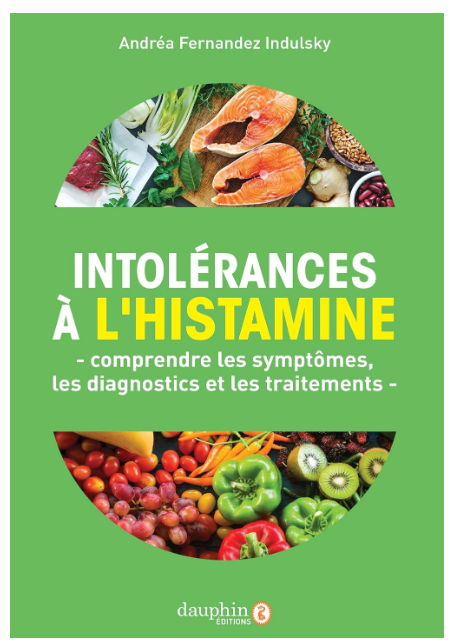COV SARS 2: The immune system and vitamin D3 -FOLLOW-UP
Spring is just around the corner, and after long days without sunshine, vitamin D3 becomes the essential vitamin/hormone to test at blood level. Its optimal level is 100 nmol/L or 60 ng/ml.
Vitamin D, considered a veritable hormone, is essential for maintaining the body's phosphocalcium homeostasis. Both its biosynthesis and degradation are carried out by cytochrome P450 enzymes. These enzymes are regulated by hormones that respond to variations in calcium homeostasis, and by factors called nuclear receptors, which modulate their gene expression. Conditions linked to hypovitaminosis or metabolic deficiency (rickets, osteomalacia, osteoporosis) illustrate the crucial role played by vitamin D in bone mineralization and calcium absorption. The recent discovery of its physiological role in neuroprotection, immunity, cell differentiation and proliferation justifies a growing interest in this hormone. Thus, a better understanding of the various players involved in its metabolism and regulation is now a major challenge to better appreciate the role of this vitamin.
Vitamin D or calciferol is essential for maintaining the body's phosphocalcium homeostasis. It is the active form of this vitamin, 1,25-dihydroxyvitamin D, which increases the intestine's capacity to absorb calcium (and phosphorus), reduces urinary leakage and mobilizes bone calcium. This hormone also regulates immune defense and modulates the differentiation and proliferation of certain cell types. Vitamin D is biosynthesized and degraded by cytochrome P450 (CYP) enzymes. The regulation of vitamin D metabolism has been extensively studied in recent years. Variations in blood calcium levels trigger the release of hormones acting on these CYPs. Vitamin D also acts directly on its own synthesis through a negative regulatory loop via its nuclear receptor VDR (vitamin D receptor). Numerous in vitro and in vivo studies have demonstrated the existence of these retrocontrols, leading to a better understanding of bone and endocrine disorders linked to vitamin D status, such as rickets and osteomalacia. These diseases are mainly the result of lack of sun exposure and deficiencies in dietary vitamin D intake. They can also be induced by the action of drugs on the pregnane X receptor (PXR) and, more rarely, by gene abnormalities in the vitamin D receptor or in one of the enzymes involved in the hormone's biosynthesis.
Vitamin D plays a major role in supporting immune function.
-
Stimulation of immune cell maturation
-
Macrophage differentiation and activation
-
Stimulation of anti-microbial peptide production
-
Stimulation of naive T lymphocyte differentiation into Treg lymphocytes
While vitamin D deficiency is clearly associated with increased susceptibility to infections, numerous studies have also shown that vitamin D3 supplementation improves defense against infections, particularly respiratory infections and coronaviruses.
Vitamin D3 can induce the activity of the ACE2/Ang 1-7 axis and inhibit the ACE1/ Ang II axis, thereby increasing ACE 2 expression and concentration, with a protective role against acute lung injury and acute respiratory distress syndrome.
The vitamin D3 receptor (VDR) works as a heterodimer with the vitamin A receptor (RXR), meaning that a lack of vitamin D3 inevitably leads to a lack of the other vitamin.
All the more so, as the active vitamin D3 is 1,25 OH, a degradation of the 25 OH vitamin originating in the liver, a transformation requiring hydroxylation, i.e., an iron-dependent enzyme (or cytrochrome P450 enzyme). Vitamin D3 deficiency means vitamin A deficiency and iron deficiency. Iron levels are often low in women of childbearing age, as well as in people with dysbiosis, SIBO or SIFO, or an excess of heavy metals such as lead and aluminium.






